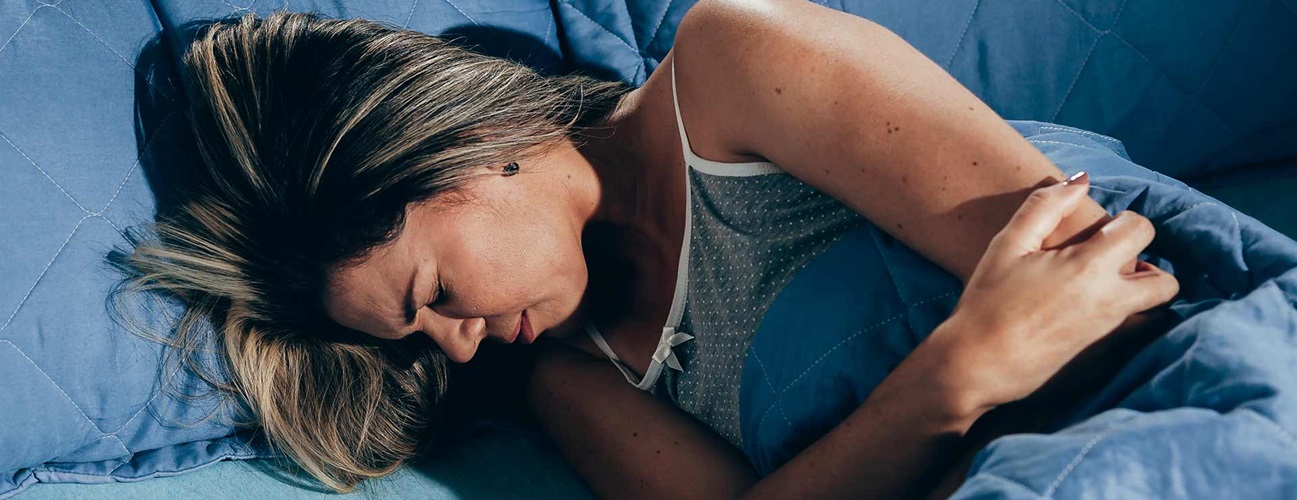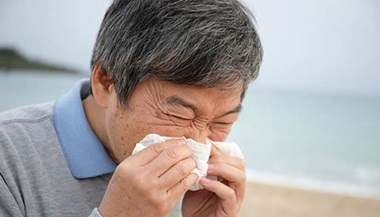Mumps in Adults
What is mumps?
Mumps is a contagious illness caused by a virus. It often happens in childhood but is largely preventable with a vaccine. Mumps is easily spread by airborne droplets from the upper respiratory tract. After a person is exposed to the virus, the disease often takes 2 to 3 weeks to appear. Since the introduction of the mumps vaccine, cases of mumps in the U.S. are uncommon. But they do still occur among unvaccinated people.
What causes mumps?
Mumps is caused by a virus. A person can spread mumps by coughing, sneezing, or talking. It can also be spread by sharing items such as cups and utensils. And by touching objects with unwashed hands that are then touched by others. It is likely that mumps is contagious before swelling occurs and up to 5 days after the swelling begins.
What are the symptoms of mumps?
The most common symptoms of mumps include:
-
Mild pain in the front of the neck (salivary glands) or right in front of the ears (parotid glands). Either of these glands may become swollen and sore.
-
Trouble chewing
-
Testicle pain and tenderness
-
Fever
-
Headache
-
Muscle aches
-
Tiredness
-
Loss of appetite
The symptoms of mumps may look like other conditions or health problems. Always see your healthcare provider for a diagnosis.
How is mumps diagnosed?
Your healthcare provider will look at your symptoms and your history of exposure to someone who has had mumps. If your provider thinks you may have mumps, a sample will be taken. This is done by swabbing your mouth or collecting urine. The sample will be tested for the mumps virus. A blood test will also be drawn. When you have an infection, your body makes antibodies to fight it. If you have mumps, the blood test can find the antibodies in your system that are fighting the mumps virus.
How is mumps treated?
Treatment is often limited to pain medicines and plenty of fluids. Sometimes bed rest is needed for the first few days. According to the CDC, adults should stay home from work for 5 days after glands begin to swell. Children should stay out of school until symptoms have lessened. Both adults and children with mumps symptoms should reduce contact with other people who live in their homes. Good basic hygiene practices are also important in disease control. This includes thorough handwashing, covering the mouth when sneezing or coughing, and regularly cleaning often-touched surfaces.
What are possible complications of mumps?
Complications of mumps happen more often in adults than children and may include:
-
Meningitis or encephalitis. This is inflammation of the membrane that covers the brain and spinal cord or inflammation of the brain. This can lead to major consequences, including seizures, stroke, or death.
-
Orchitis. This is inflammation and swelling of one or both testicles. This can lower a person's ability to produce sperm. In rare cases, it can cause sterility.
-
Mastitis. This is inflammation of breast tissue.
-
Parotitis. This is inflammation and swelling of one or both parotid glands on the face, in front of the ears.
-
Oophoritis. This is inflammation of one or both ovaries. In rare cases, this can make it hard for a person to get pregnant.
-
Pancreatitis. This is inflammation of the pancreas.
-
Deafness. Mumps can cause loss of hearing.
Can mumps be prevented?
The measles, mumps, and rubella (MMR) vaccine is a childhood combination vaccine. It provides immunity for most people. People who have had mumps are immune for life. According to the CDC, adults who don’t have evidence of immunity to mumps should get at least one dose of the MMR vaccine. Talk with your healthcare provider if you have not been vaccinated against mumps or had the illness.






